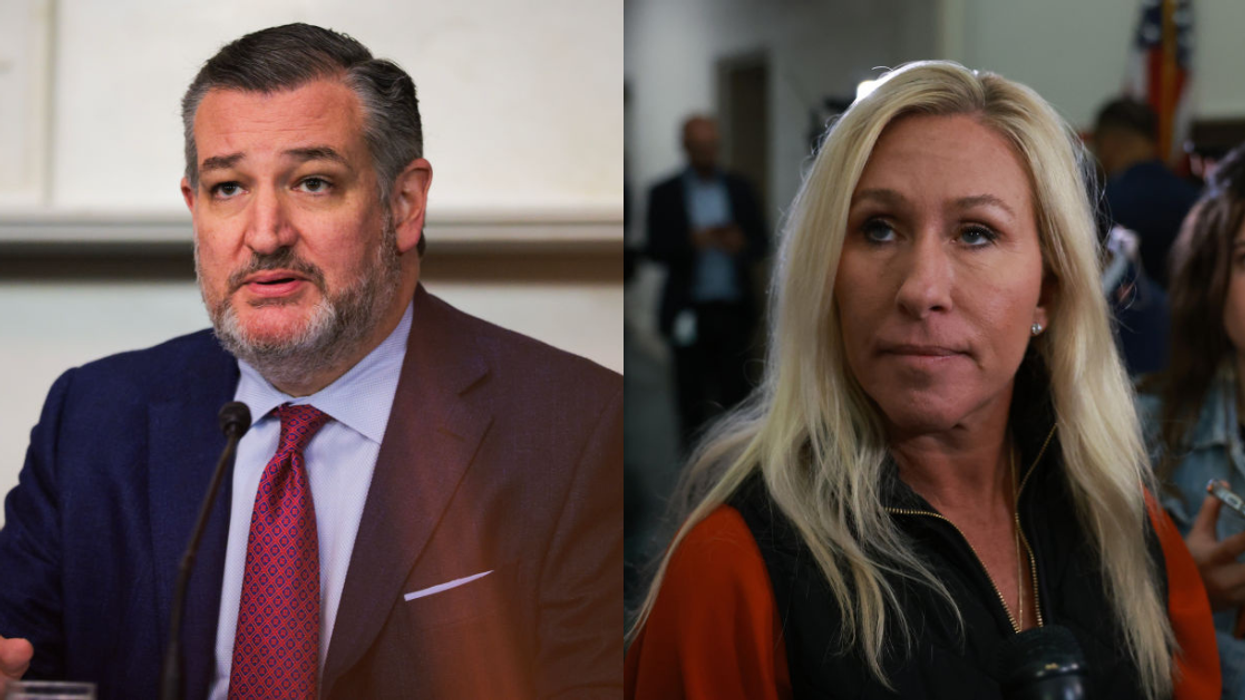It has been only 24 years since Rwanda underwent one of the most focused and severe genocides of the 20th century. After the deaths of 800,000 Tutsi people under a Hutu-lead government, survivors of the horror are coming forward to tell their story.
Through Humans Of New York, Tutsi people who survived the genocide and Hutu people who risked theirs and their family's lives to save the victims are able to share their personal account of what it was like 24 years ago.
The genocide took place in the middle of the Rwandan Civil War, which began in 1990 and ended in 1994. It was planned by members of the Hutu political elite and began the day following Habyarimana and Burundian President Cyprien Ntaryamira, whose airplane was gunned down on its descent into Kigali, the capital city of Rwanda.
The Hutu extremists who organized the assassination then turned around and blamed the Tutsi, saying they were un-Christian people who wanted to enslave the Hutu. The police and military executed key Tutsi military and political leaders, and also executed moderate Hutu political leaders.
The government also armed civilians with machetes and told them to seek out and rape, maim, and kill Tutsi people at their own discretion.
The genocide shockingly only lasted for 100 days in 1994-from April to Mid July. And in 100 days, some estimate as many as 1,000,000 people were killed.
There are an estimated 300,000 survivors of the Rwandan genocide, whom are now bravely recalling the horrific time they lived through.
We live in a tenuous time in our own country, where violence against certain minorities and dissenters is being encouraged by President Donald Trump and his administration. What is the tipping point of complete and total fascism? Most of the killed in Rwanda were murdered in their own homes, or villages, by neighbors who were told that committing murder was the way to keep themselves and their country safe. Innocent children were massacred. What will happen to us, if the government continue to perpetuate violence?
The national mourning period to commemorate the genocide begins with Kwibuka (Remembrance) on April 7th, followed by an official week of mourning, known as Icyunamo (time of mourning) and concludes with Liberation Day on July 4th. Next Independence Day, remind yourself of the 300,000 people who have been to hell and back.
H/T: AfroPunk, BoredPanda

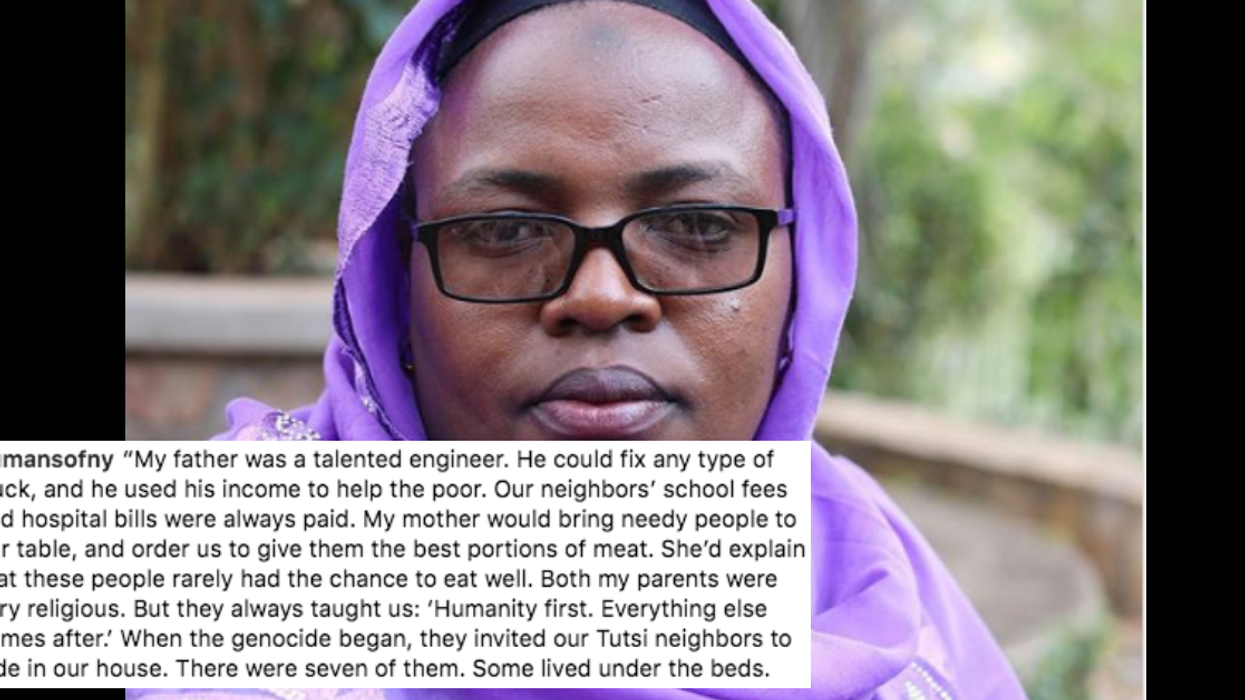









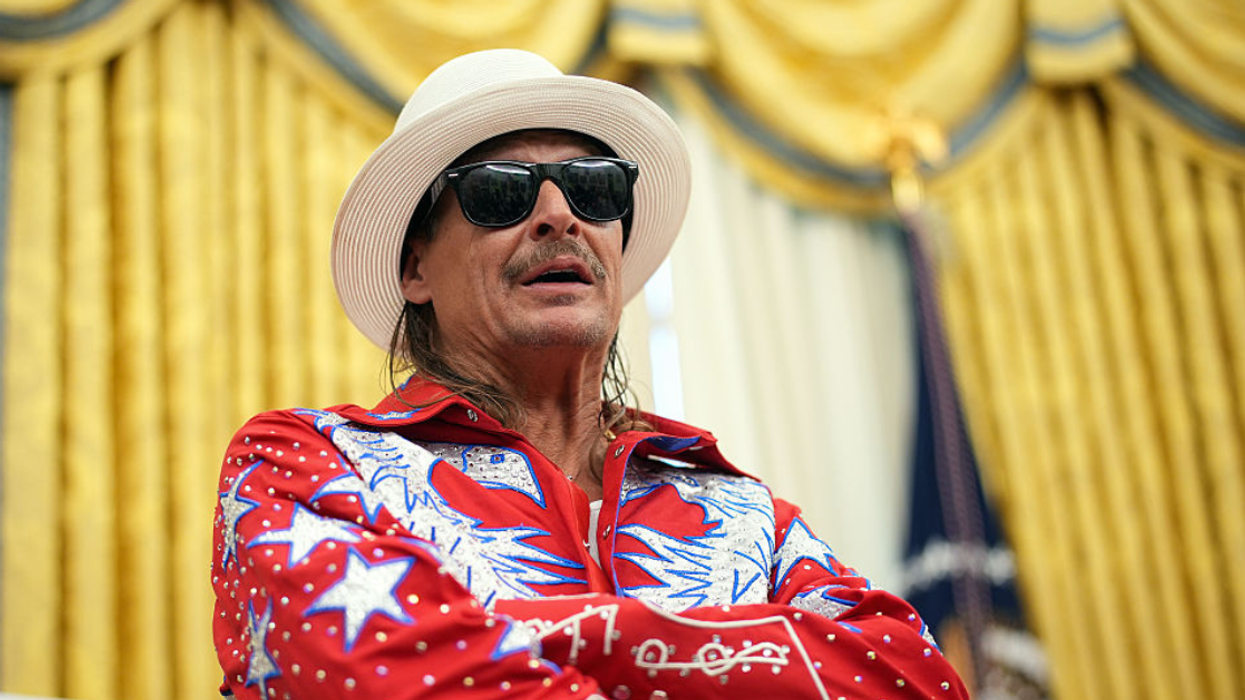
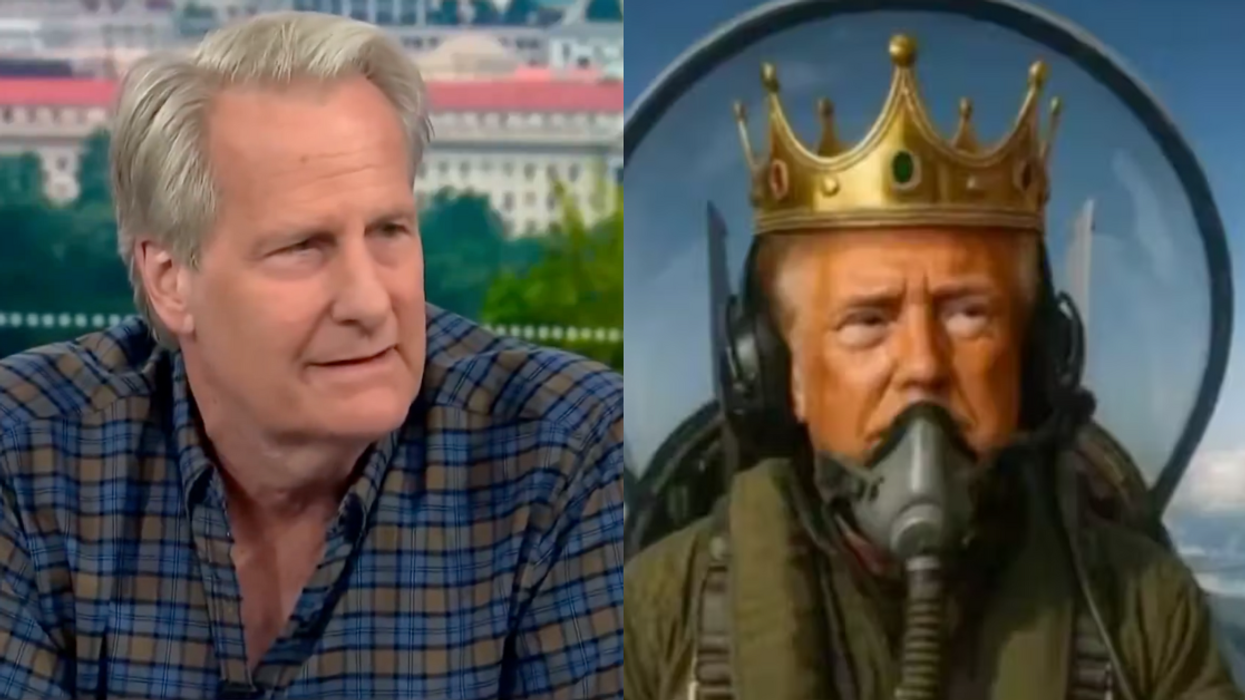

 mass.gov
mass.gov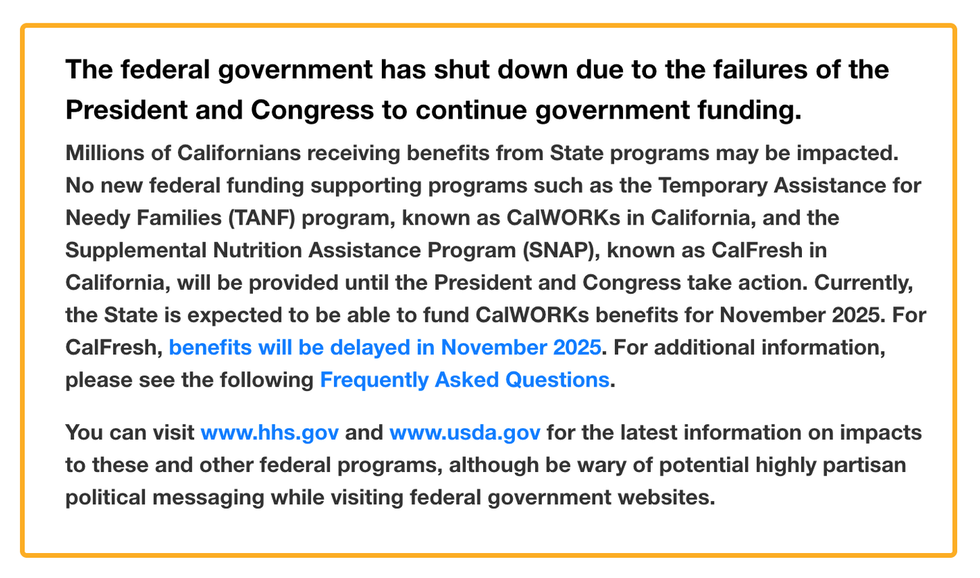 cdss.ca.gov
cdss.ca.gov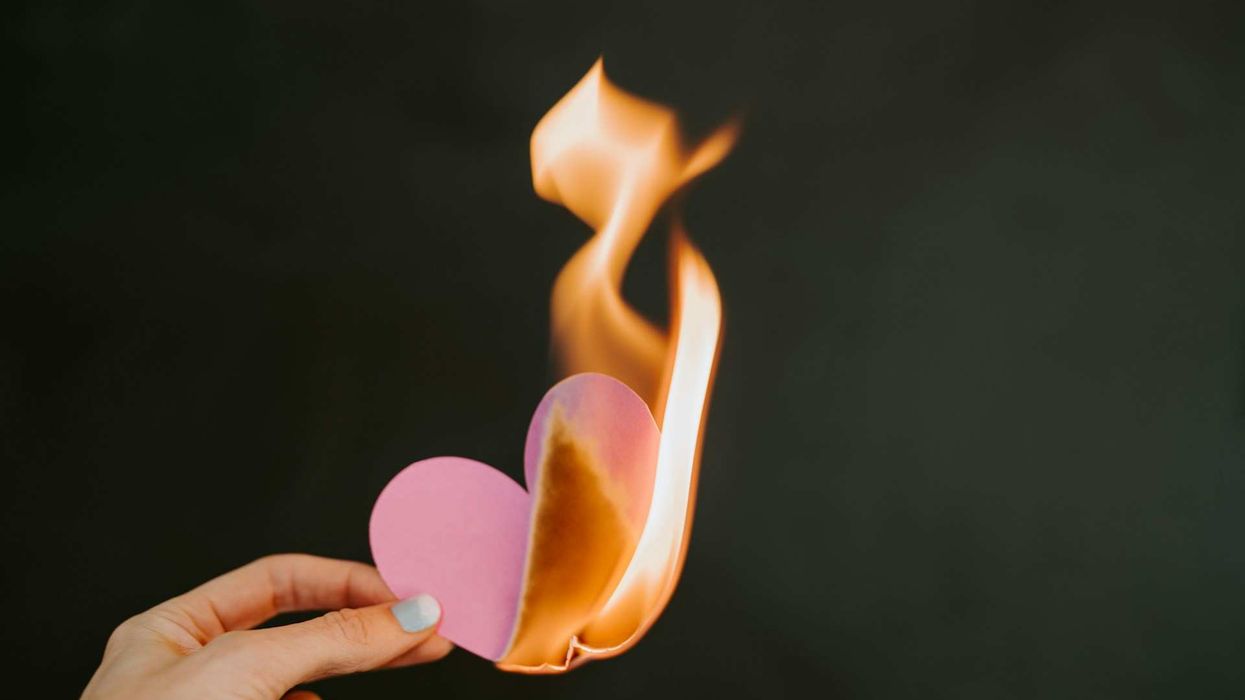
 Sad Break Up GIF by Ordinary Frends
Sad Break Up GIF by Ordinary Frends  so what who cares tv show GIF
so what who cares tv show GIF  Iron Man Eye Roll GIF
Iron Man Eye Roll GIF 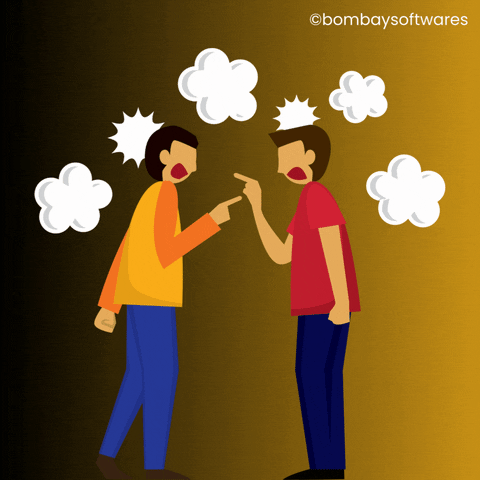 Angry Fight GIF by Bombay Softwares
Angry Fight GIF by Bombay Softwares 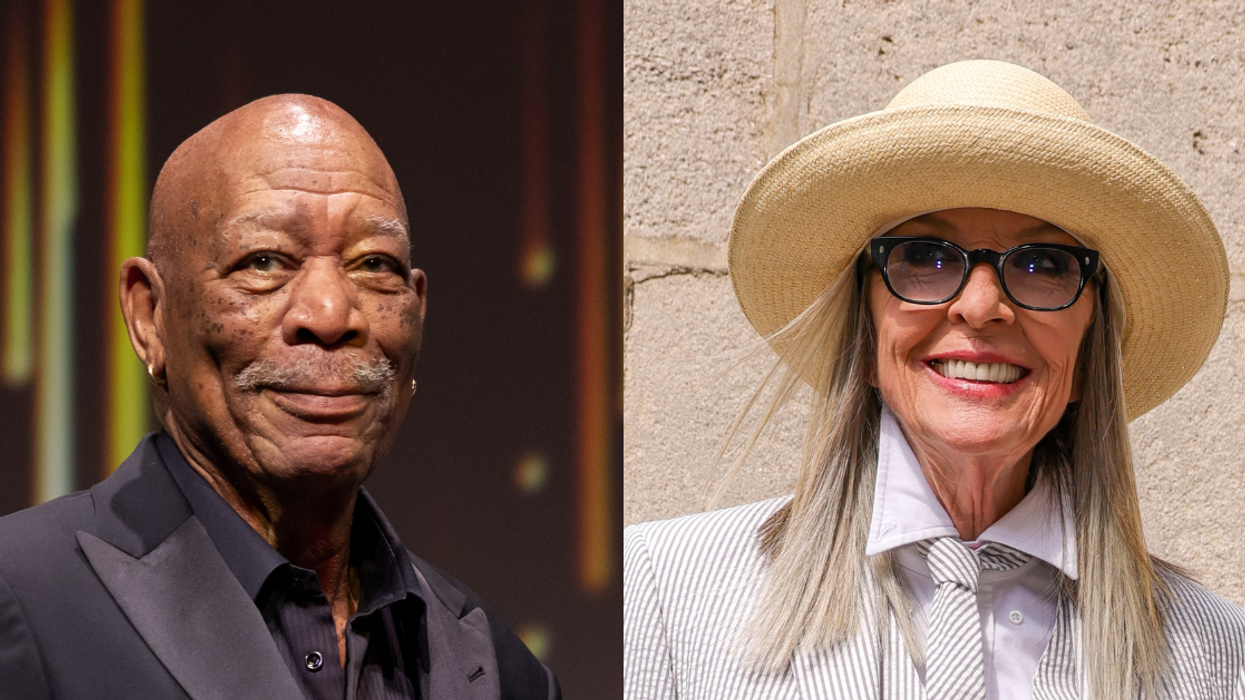
 @jimmykimmellive/Instagram
@jimmykimmellive/Instagram @jimmykimmellive/Instagram
@jimmykimmellive/Instagram @jimmykimmellive/Instagram
@jimmykimmellive/Instagram @jimmykimmellive/Instagram
@jimmykimmellive/Instagram @jimmykimmellive/Instagram
@jimmykimmellive/Instagram @jimmykimmellive/Instagram
@jimmykimmellive/Instagram @jimmykimmellive/Instagram
@jimmykimmellive/Instagram @jimmykimmellive/Instagram
@jimmykimmellive/Instagram @jimmykimmellive/Instagram
@jimmykimmellive/Instagram @jimmykimmellive/Instagram
@jimmykimmellive/Instagram @jimmykimmellive/Instagram
@jimmykimmellive/Instagram @jimmykimmellive/Instagram
@jimmykimmellive/Instagram @jimmykimmellive/Instagram
@jimmykimmellive/Instagram @jimmykimmellive/Instagram
@jimmykimmellive/Instagram